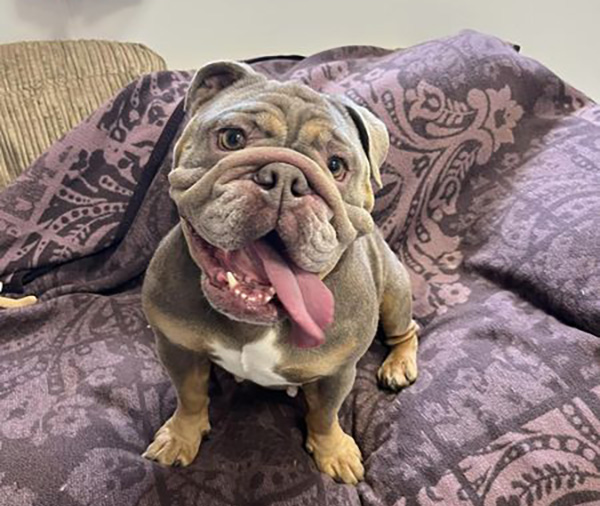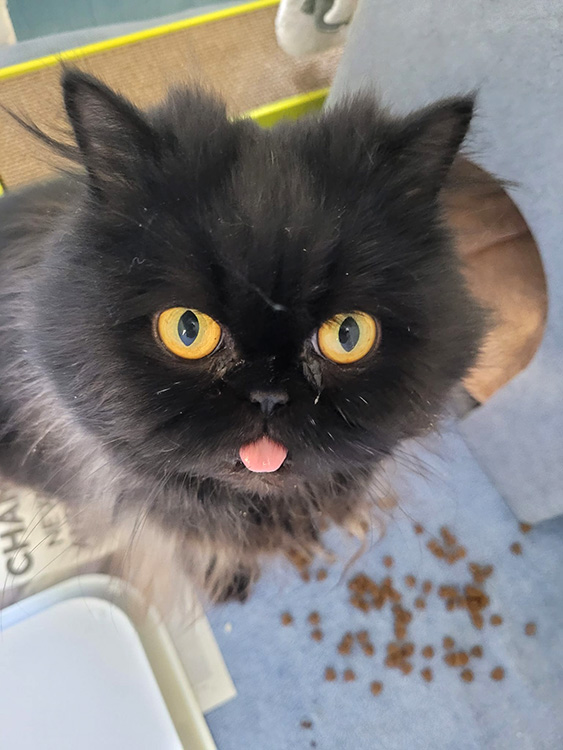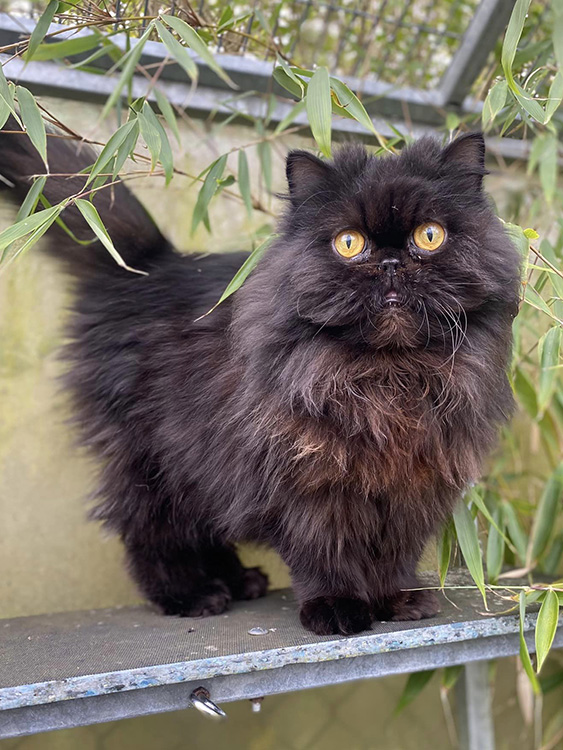New cat
How to set up your home to help your new cat settle in quickly
Cats, Adopters, Cat behaviour, Kitten

Brachycephalic means ‘shortened head’ and is also known as ‘flat-faced’. The following breeds are included – although you can get mix breeds that also have this head shape.
CATS
DOGS
Brachycephalic animals often have narrow nostrils, a long soft palate and narrow windpipes. This can result in several health issues
The medical term for the breathing issues is BOAS - Brachycephalic Obstructive Airway Syndrome.
Not all flat-faced animals have these issues, and these problems can also appear in other breeds.
Check in with your vet for advice, as it can impact every animal differently.
Make sure your pet is a healthy weight.
Don’t over-exercise, especially in hot weather.
In severe cases, animals need corrective surgery to open their airways. These operations are expensive and complicated so if you have bought a puppy, make sure you have pet insurance that can cover this in case they grow up with complications.
If you are looking to adopt a brachycephalic breed from us, we will talk you through any health issues we have treated or have concerns about, so you have a clear picture of what to expect from your new pet. All of our cats and dogs have a vet examination.
Above Coco the British Bulldog had a palate operation with us to help her breathe more easily. She recovered well and was adopted to a new loving hime.
Below India the Persian had issues with her tear ducts and terrible gum disease. Although an operation to widen her nostrils was considered, after operations to fix these symptoms her health improved considerably as you can see in the before and after pictures below. We kept in touch with her new adopters to ensure she was coping well.

